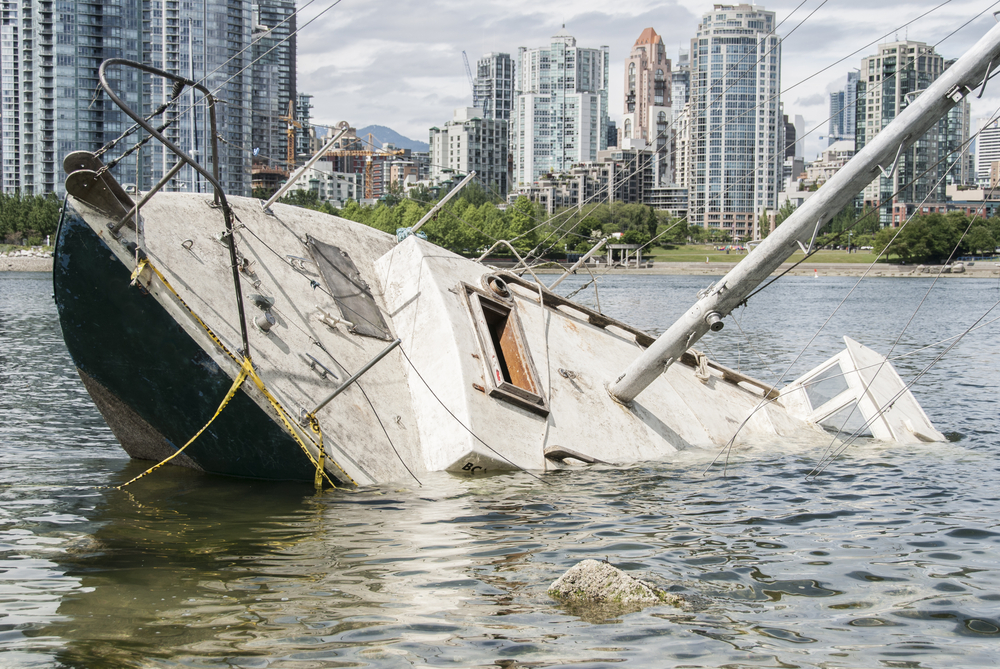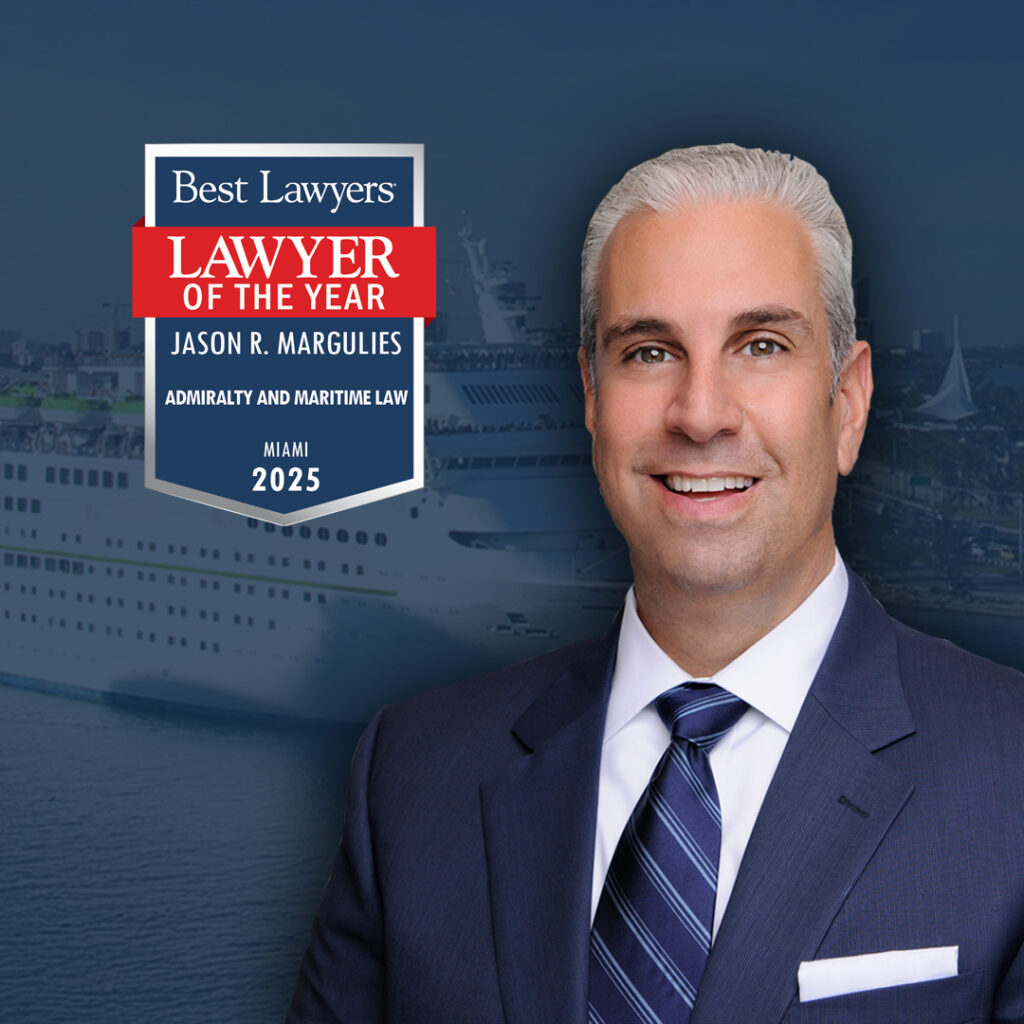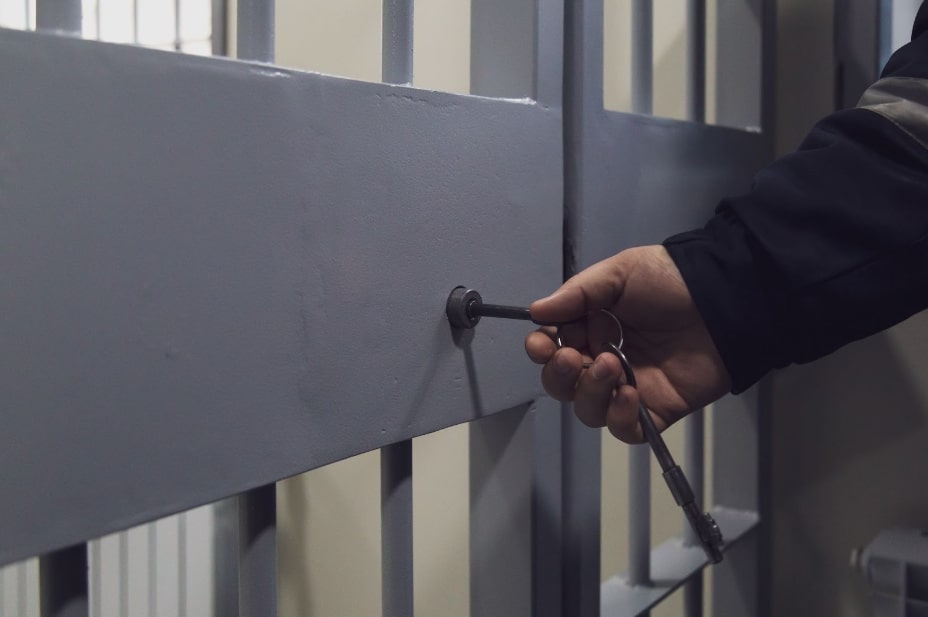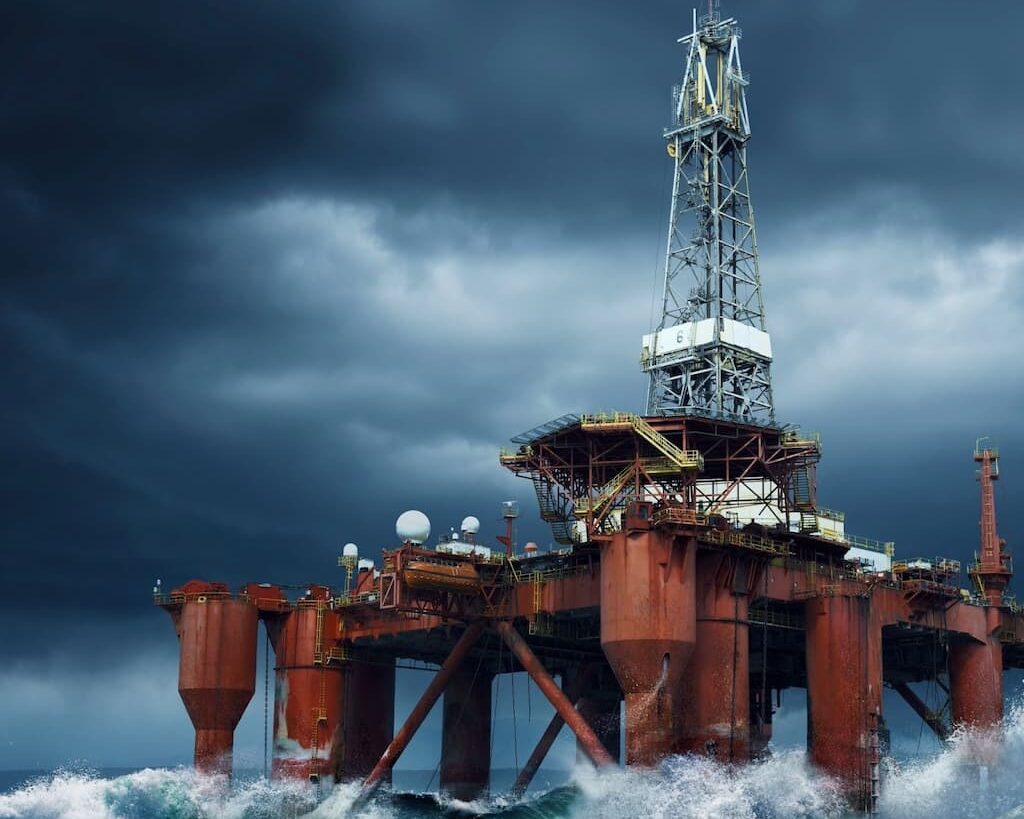Get Aggressive, Unmatched Legal Representation for Your Boat Accident Injury Claim From Our Award-Winning Attorneys
The attorneys at Lipcon, Margulies & Winkleman, P.A. are nationally recognized industry leaders in the field of maritime and admiralty law. Our team of boating accident lawyers has over 200 years of combined experience, has successfully handled over 3,000 cases, and has recovered over $500 Million in damages for our clients. Several of our attorneys have been selected to “Best Lawyers” ® by US News & World Report every year as far back as 2016.
Recreational boating and personal watercraft accidents can be devastating, leading to serious injuries, property damage, and often fatalities. Understanding who is liable in such incidents can be a complex process that requires a thorough understanding of maritime law. At Lipcon, Margulies & Winkleman, P.A., we have a deep understanding of the complexities involved in determining liability in boating accidents and can help you secure the compensation you’re entitled to.
Who’s Responsible When There’s a Boating Accident? Key Factors to Consider
Determining who should be held responsible in a boating accident involves a thorough investigation of the circumstances surrounding the incident. Several key factors come into play, including the actions of the person operating the boat, the condition of the vessel, and adherence to boating laws and regulations.
The Role of the Boat Operator
The boat operator is often the primary party considered in liability assessments. Operators are expected to exercise reasonable care and adhere to safety regulations while navigating the waters. This includes maintaining a proper lookout for other vessels and other boaters, operating at a safe speed, and avoiding reckless behavior such as boating under the influence (BUI). If an operator’s negligence or misconduct leads to an accident, they can be held liable for the resulting damages, in addition to possible criminal charges.
Passenger Conduct
While the boat operator is typically the focus of liability investigations, other crew or passengers can play a role in contributing to an accident. For example, in many situations, an assigned person must stand watch to ensure there are no collisions with other boats, people in the water, or fixed objects such as channel markers. Passengers who are not given specific navigational responsibilities also have a duty to behave responsibly and not interfere with the safe operation of the vessel. If a passenger’s actions, such as distracting the operator or watch, or failing to follow safety instructions, contribute to an open water accident, they may share liability for the incident.
Vessel Owners
In some cases, the owner of the vessel may be held liable for a boating accident, even if they were not operating the boat at the time of the incident. Owners have a responsibility to ensure their vessel is seaworthy and properly maintained. If an accident occurs due to a boat being overloaded, undermanned, or due to mechanical failure or inadequate life saving devices, the owner may be held accountable for failing to uphold these responsibilities.
The Boat Manufacturer and Maintenance Company: When Fault Lies in the Details
According to federal law, liability can also extend to the boat manufacturer and maintenance company if a boating accident is caused by a defect in the vessel or its components. This includes design flaws, manufacturing defects during the installation phase, or improper repairs. In such cases, victims may be able to pursue a product liability claim against the boat manufacturer or a negligence claim against the maintenance provider to seek compensation for their injuries and losses.
Unique Considerations for Boating Accidents
Boating accidents that occur on navigable waters may fall under the jurisdiction of maritime law, which has its own set of rules and standards for determining liability. Maritime law can influence the outcome of a case, particularly in terms of the legal theories applied and the potential defenses available to the parties involved. Working with an attorney who understands these nuances will be invaluable in effectively securing compensation for your maritime accident claim.
The Impact of State Laws: How Jurisdiction Affects Liability
While maritime law plays a significant role in boating accident cases, state laws can also impact liability determinations. Each state has its own boating regulations and safety requirements, which can influence the assessment of fault. For example, some states have specific laws regarding boating under the influence or mandatory safety equipment. Violations of these laws can significantly affect liability outcomes.
Comparative and Contributory Negligence: Sharing the Blame
In some jurisdictions, the concepts of comparative and contributory negligence come into play when determining liability in a boating accident. Comparative negligence allows for the allocation of fault among multiple parties, potentially reducing the compensation a victim can receive based on their degree of fault. Contributory negligence, on the other hand, may bar recovery entirely if the victim is found to be even partially at fault. Understanding these legal principles is crucial for evaluating the potential outcomes of a case.
The Importance of Legal Representation
Navigating the complexities of liability in a boating accident requires a comprehensive understanding of both maritime and state laws. Legal representation is essential for victims seeking to hold the responsible parties accountable and secure the compensation they deserve. An experienced attorney can conduct a thorough investigation, gather evidence, and build a compelling case to support the victim’s claims.
Building a Strong Case: Gathering Evidence and Expert Testimony
A successful boating accident claim hinges on the ability to present a strong case supported by evidence and expert testimony. This includes collecting witness statements, accident reports, and any available video or photographic evidence. Additionally, expert testimony from maritime professionals can provide valuable insights into the cause of the accident and the parties responsible. Building a robust case is essential for achieving a favorable outcome.
Seeking Compensation: Understanding the Damages Available
Victims of boating accidents may be entitled to various forms of compensation, depending on the circumstances of the case. This can include medical treatment, lost wages, pain and suffering, and property damage. In cases involving gross negligence or willful misconduct, punitive damages may also be awarded to deter similar behavior in the future. Our team of attorneys is well-versed in the types of damages available to victims, and they will fight tirelessly to get you the full compensation you deserve.
Trust Your Boat Accident Injury Claim to Our Top-Rated Legal Team
Boating accidents can have life-altering consequences for victims and their families. At Lipcon, Margulies & Winkleman, P.A., we are committed to guiding our clients through the complexities of boating accident claims, ensuring they receive the support and representation they need to move on with their lives.
We have 19 full-time attorneys in 7 offices nationwide, all ready to get to work for you. Our maritime injury lawyers are dedicated to protecting the rights of boating accident victims. With our extensive experience in maritime accidents and fearless approach to litigation, we are the firm those who are injured at sea turn to — and trust — when they have been hurt. Contact us today for a free case review through our secured contact form or call our office at 877–233–1238.
Published on January 15, 2025
Categories: Boating Accidents
Get Free
Consultation












